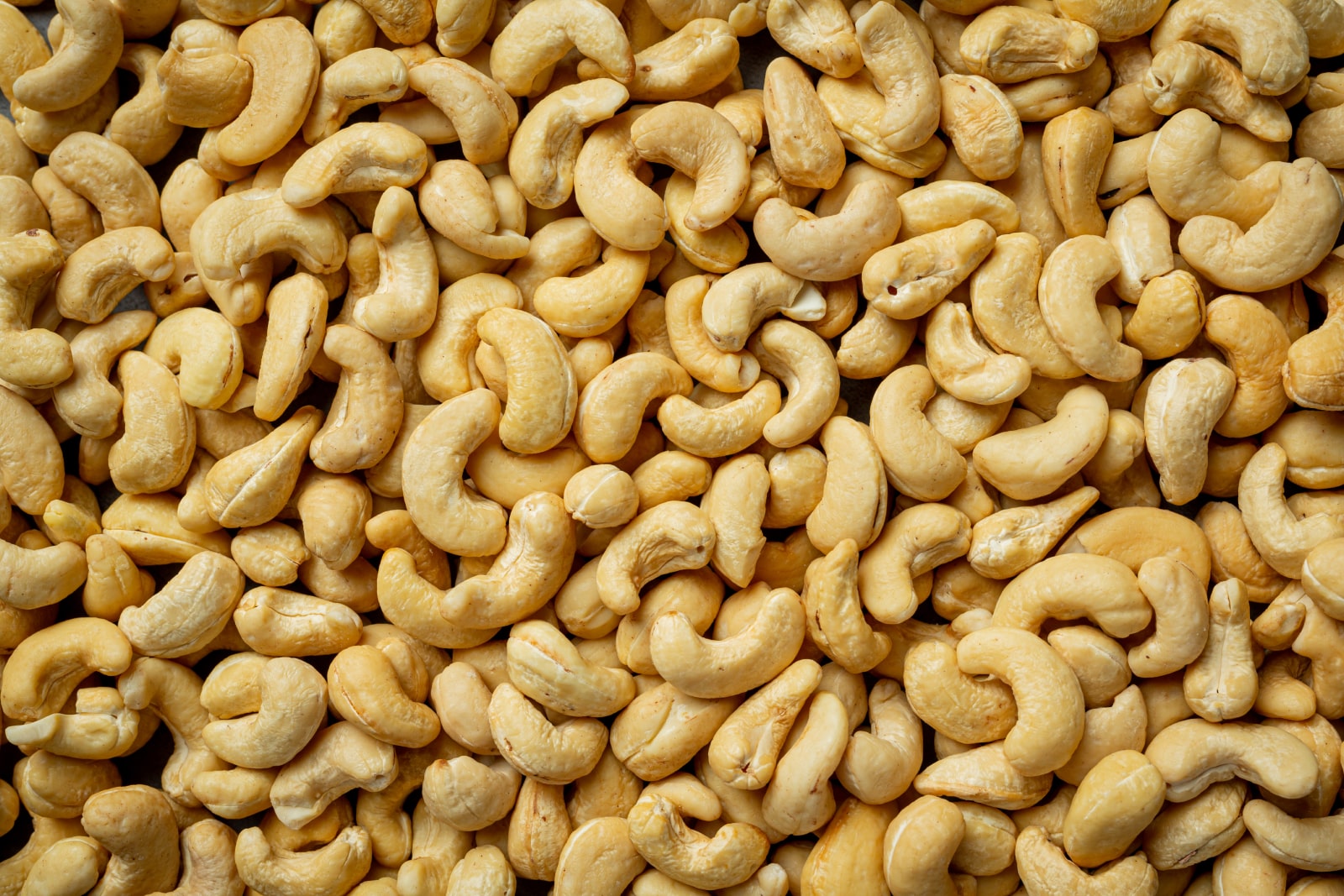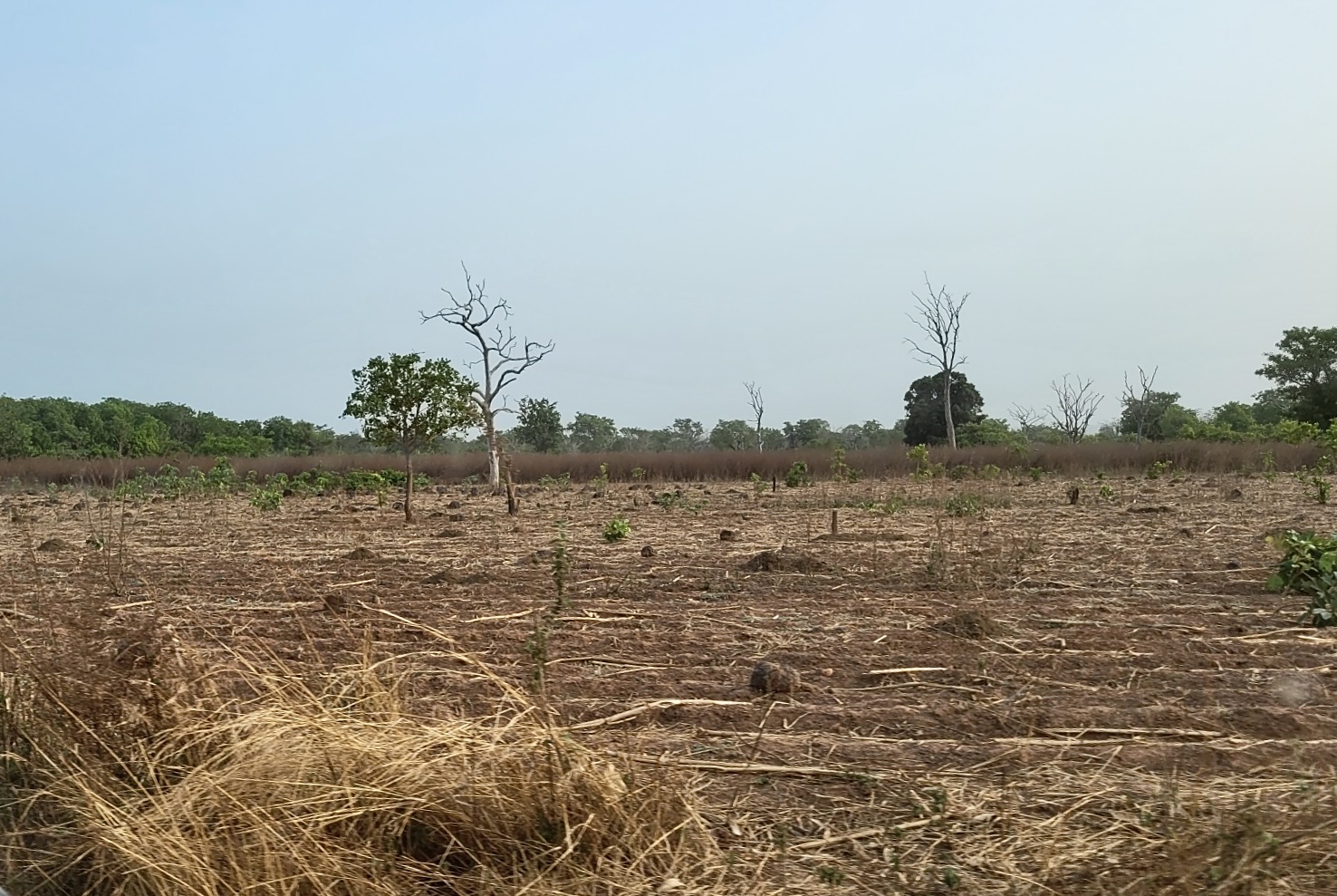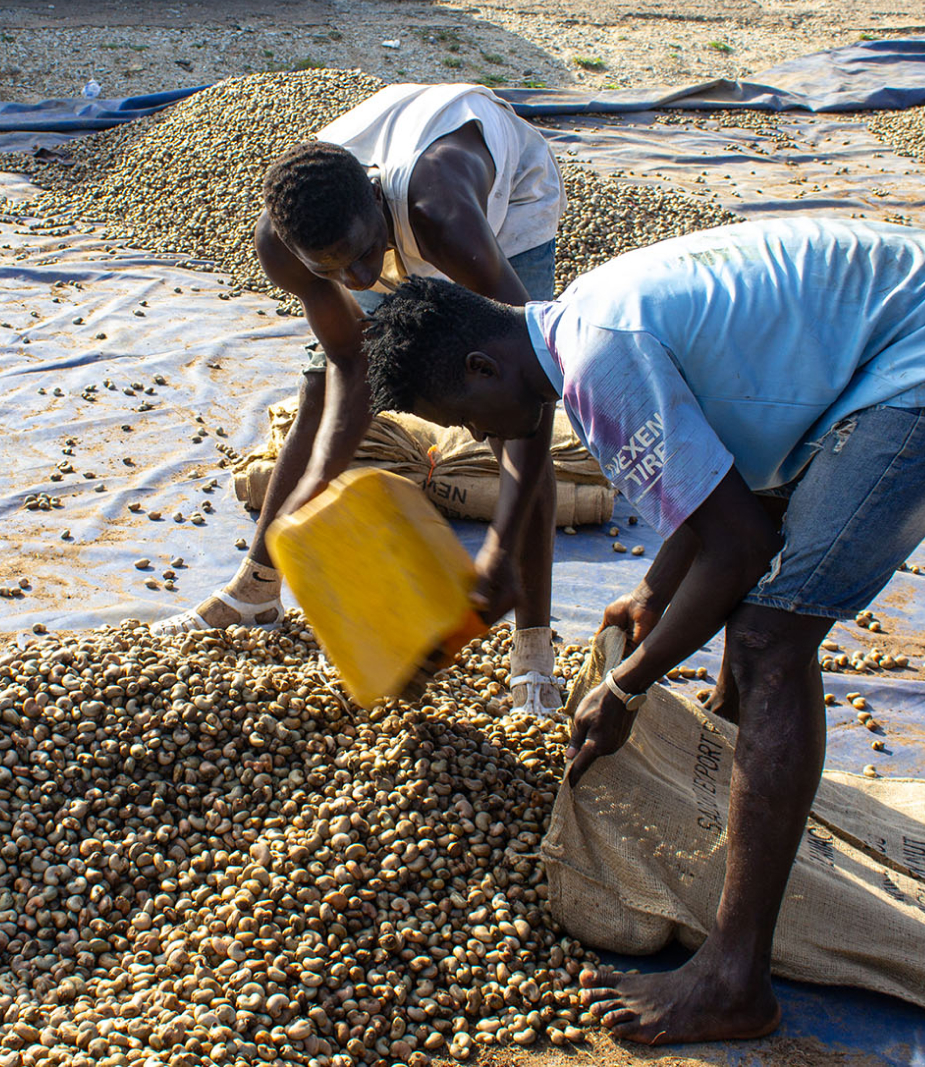

The cashew industry is driving nature loss and threatening iconic wildlife.


The cashew industry is driving nature loss and threatening iconic wildlife.

of cashews are produced by Côte d’Ivoire every year, reducing native forests, devastating wildlife habitats, and replacing traditional food crops.


Cashew traders and retailers need to work with local authorities, NGOs, academic experts, cashew cooperatives and farmers’ organizations to develop and implement a national action plan for Côte d’Ivoire to break up cashew monocultures and restore degraded landscapes. Areas of action should include:
